A strategic response to a structural change at the global level
By Mehrdad Torabi
US nuclear submarine pact with Britain and Australia seriously undermines regional peace and stability, will lead to security dilemma and will intensify the arms race. That unipolar moment upon which the US had devised its central strategy in the post-Cold War era is over. The liberal international order proved to be self-destructive, and, as everyone expected, the international structure has transformed into a bipolar system. Neoliberal institutionalism under the US broken hegemony has been split into US-led and China-led bounded orders, as was the case during the Cold War.
In the nuclear age, however, it does not follow that the nuclear revolution, as important as it surely is, has also changed the nature of international relations. The fundamental characteristics of international affairs, unfortunately, have not been altered and, if anything, have been intensified. International politics continues to be a self-help system. In the contemporary anarchy of international relations, distrust, uncertainty, and insecurity have caused states to arm themselves and to prepare for war as never before. To be able to say that nuclear weapons have changed the nature of international relations and thus made impossible the outbreak of a hegemonic war, a transformation of human consciousness would have to take place. Humankind would have to be willing to subordinate all other values to the preservation of peace. Certainly, in this world of unprecedented armaments of all types, no state is behaving as if nuclear weapons had changed its overall set of national priorities. In the nuclear age, there is no guarantee that a minor conflict between the superpowers or their allies will not set in motion untoward developments over which they would soon lose control. In brief, the fact that nuclear war would wreak unprecedented devastation on mankind has not prevented the world’s nuclear powers from preparing for such a war, perhaps thereby making it more likely.
US wars in our region, West Asia, demonstrated that global powers would do anything to preserve their oppressive hegemony: half a million children in Iraq were killed, yet Washington remained oblivious to the human costs of its policies, which former Secretary of State Madeleine Albright notoriously declared to be “worth paying.” In this new bipolar context, the fundamental question to ask is how are we going to provide security for our people and for those we have pledged to support. The Zionist Israeli regime remains to be the only entity on earth that is party to neither the Chemical/Biological Weapons Conventions nor the nuclear Non-Proliferation Treaty; it is the most mass destructive threat to the Palestinians and, beyond Palestine, to this region. How are we going to deal with that vis-à-vis the security competition that awaits us under this new structure?
Today Iran is among nine with satellite capability, among five pioneers of nanotechnology; among top petrochemical powers, among four in blood-clotting tech; among 16 in terms of scientific level, third in steel production growth, and so on, all of which were achieved during sanctions. Sanctions provided an opportunity for a revolution, a scientific-industrial spurt. Our great achievements would not be possible by subordinating our economy to the liberal order. Only when industrial development can commence on a large scale do the tension between the pre-industrialization conditions and the benefits expected from industrialization become sufficiently strong to liberate the forces that make for industrial progress. From a historical perspective, challenges posed by the economic backwardness of late-industrializers, like Germany, Austria, and Russia, actually ignited their industrial spurt. The challenge, that is to say the tension, must be significant before a response in terms of industrial development will materialize. US sanctions pose the same challenge, a necessary condition for an industrial and economic revolution. The impact of sanctions on Iran has greatly reinforced certain industrial instruments and the acceptance of specific industrialization doctrines.
The JCPOA, on the other hand, was a prisoner’s dilemma, and Nash equilibrium was for both parties to defect, which transformed it into a chicken strategic game. It was a fallacy, therefore, to think that sanctions could be lifted, for this viewpoint would undermine the most important exogenous variable affecting international relations, power.
If Trump’s so-called maximum pressure campaign has failed, which the industrial development indicates it has, the JCPOA, Iran’s nuclear deal, therefore, should not be confused anymore with a tool to lift the US unilateral sanctions. Instead, it should continue to function as a nuclear strategy.
In this new context, which I tried to describe above, as a doctrine of military strategy and national security policy, holding in one hand nuclear science and in the other delivery systems is no more sufficient. Anti-first-strike countermeasures, as well, do not seem to mitigate the risks involved. But prior to anything else, say launching ballistic missiles from submarines for Mutual Assured Destruction deterrence strategy, we need to kill this taboo. Nuclear monopolies still refuse to accept that the only way to move forward with the non-proliferation program in the era of strategic deterrence revolution is only global disarmament. No one can stop what we have achieved in the field of nuclear technology based on domestic research and development; that can't go to auction. It is of fundamental importance from which perspective our decision-makers look to the nuclear deal, as a political instrument to lift the sanctions—and foil the chances of an industrial revolution—or as a strategic response to a structural change at the global level.
(Torabi is a postgraduate student of International Relations at the University of Bologna, department of political sciences.)
(The views expressed in this article do not necessarily reflect those of Press TV.)
VIDEO | ‘Clear stance’: Iran reiterates its nuclear rights as per NPT, intl. law
Press group: Israel accountable for two-thirds of 129 journalist fatalities in 2025
Iran summons Dutch ambassador to protest diplomat’s smuggling attempt
Iran’s rejection of nuclear weapons based on religious beliefs: Pezeshkian
'Profound moral decline': Netizens blast Modi for whitewashing genocide in Knesset speech
VIDEO | Venezuela launches 'love is rewarded with love' campaign in solidarity with Cuban people
In longest-ever State of Union address, Trump tries in vain to convince nation US is 'winning'
3rd round of nuclear talks opens in Geneva; Iran’s proposal seen as ‘test’ of US sincerity


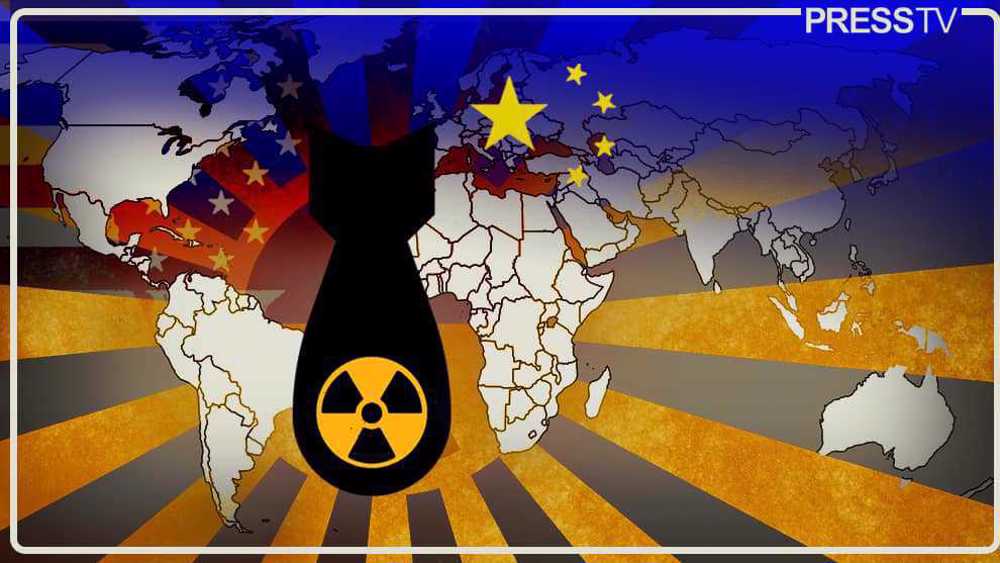
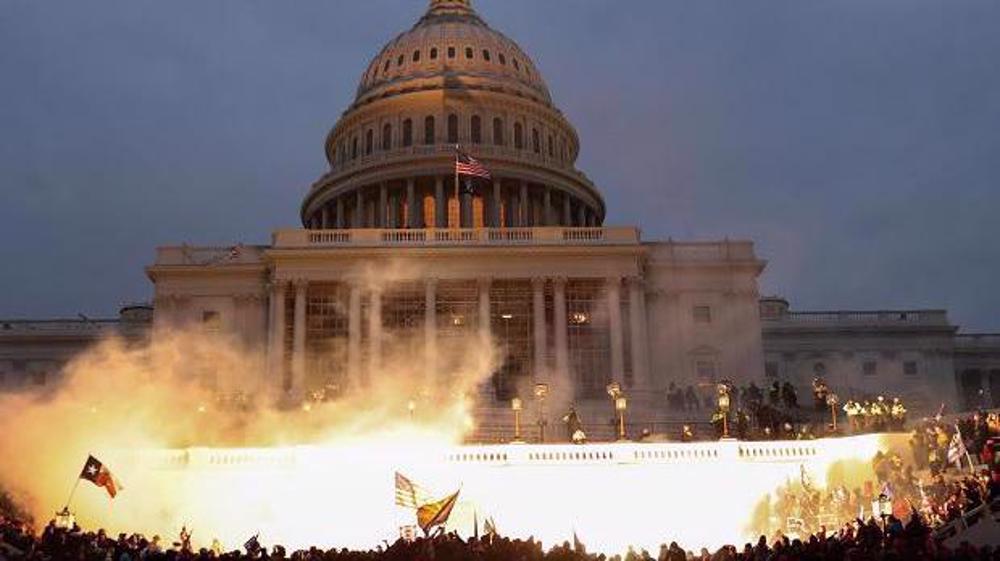
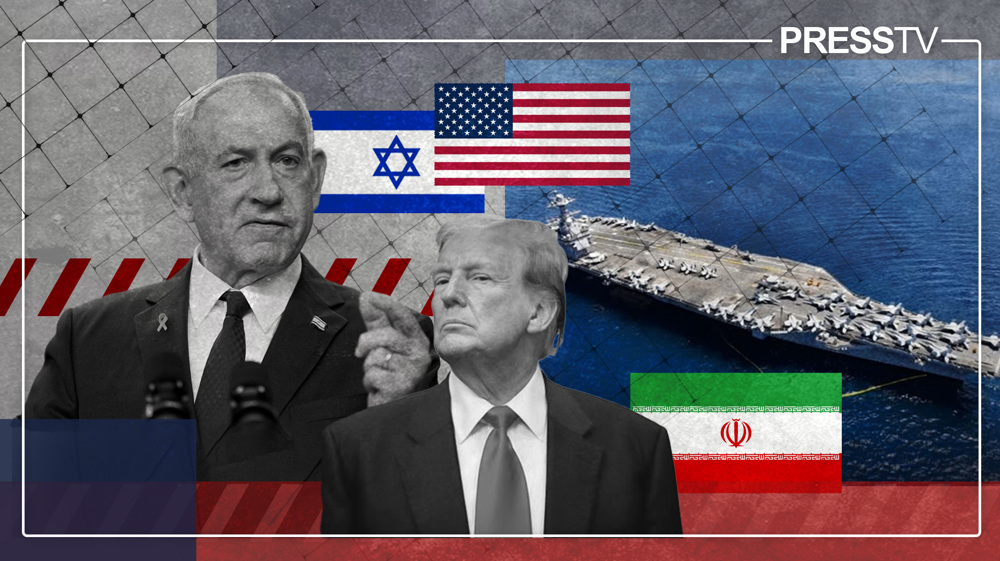
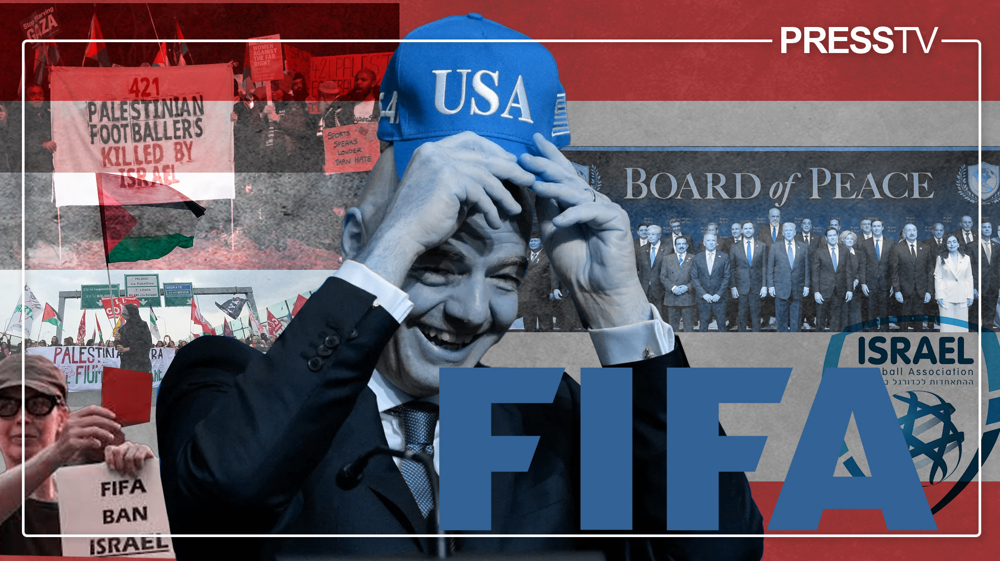
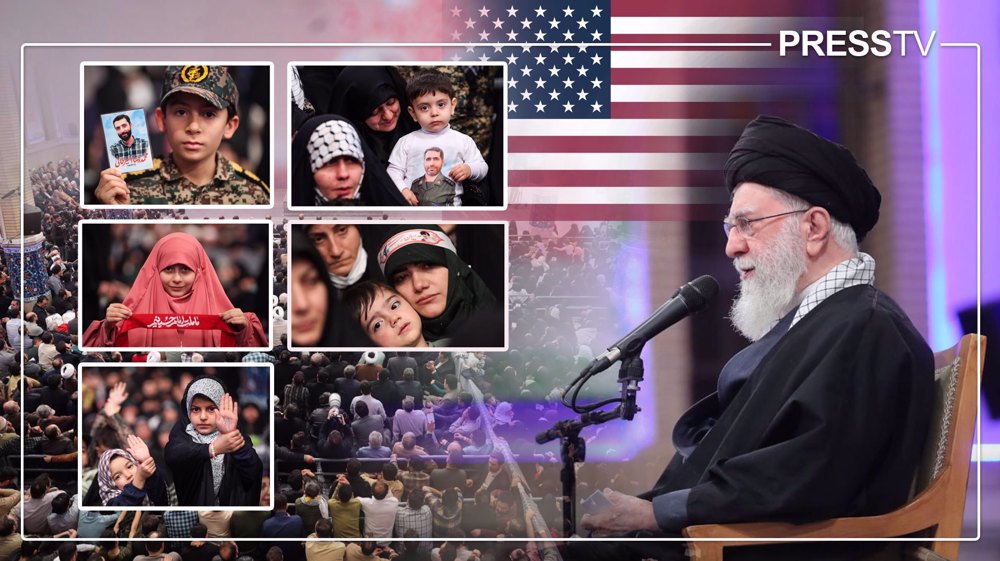




 This makes it easy to access the Press TV website
This makes it easy to access the Press TV website